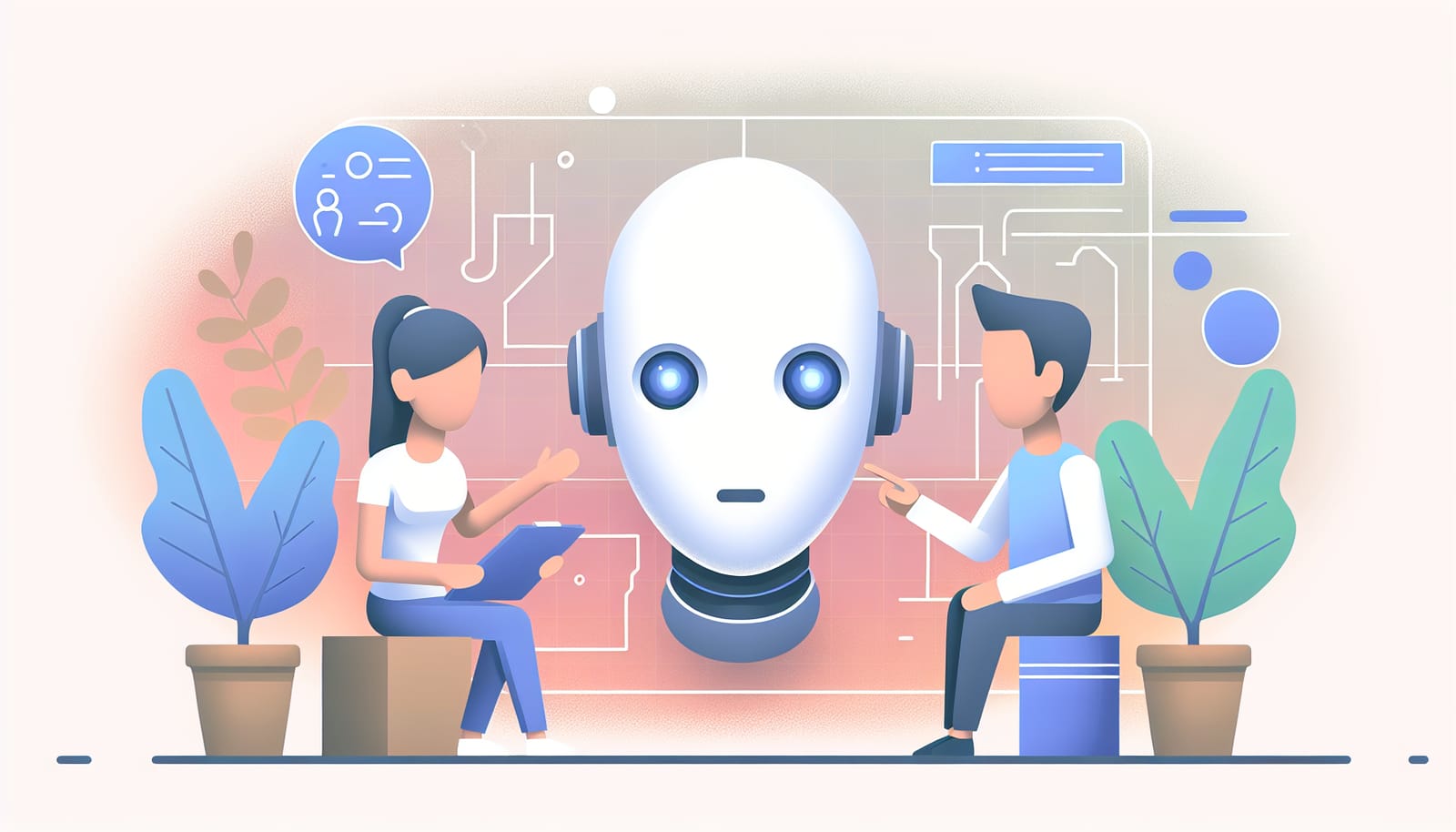In today’s fast-paced world, students are always looking for ways to enhance their learning experience. With the rise of artificial intelligence (AI), educational tools and resources are transforming the way students study, making it more efficient and enjoyable. In this article, we will explore how students are leveraging AI to study smarter and achieve academic success. Whether you're a student yourself, a parent, or simply curious about the impact of AI in education, you’ll find valuable insights here.
The Basics of AI in Education
Before we dive into how students are using AI, let’s understand what AI actually is. Think of AI as a computer program that mimics human intelligence. It can learn from data, recognize patterns, and make decisions. In education, AI tools can analyze a student’s learning habits and provide personalized resources tailored to their needs.
AI has even made its way into learning platforms, online tutoring services, and educational apps. These tools can help students grasp complex concepts, practice problem-solving, and even learn new languages. The possibilities are endless!
Personalized Learning Experiences
One of the most significant advantages of AI in education is the ability to create personalized learning experiences. Different students learn in different ways, and AI can help identify individual strengths and weaknesses. For example, platforms like Khan Academy and Duolingo use AI algorithms to adapt lessons based on a student's performance.
If a student struggles with math problems, the AI can offer additional practice exercises and explanations until the student grasps the concept. This tailored approach allows students to learn at their own pace, making studying less stressful and more effective.
AI-Powered Study Tools
Students are also using AI-powered study tools to enhance their learning. Applications like Quizlet and Anki leverage AI to help students memorize information through flashcards and spaced repetition techniques. This means that instead of cramming all at once, students can study smarter by revisiting materials at strategic intervals to improve retention.
Moreover, AI tools can generate quizzes and practice tests based on the material students are currently studying. This not only helps reinforce learning but also builds confidence before exams.
Virtual Tutors and Study Companions
Imagine having a tutor available 24/7 to answer your questions and guide you through difficult subjects. With AI chatbots and virtual tutors, this is now a reality. Tools like Socratic and ChatGPT can help students resolve homework queries, explain complex concepts, and provide examples—all at the touch of a button.
These virtual assistants can assist with a wide range of subjects, from math and science to literature and history. This level of accessibility ensures that students can get help whenever they need it, breaking down barriers to learning and making education more inclusive.
Enhancing Research and Writing Skills
AI is also revolutionizing how students conduct research and write essays. Tools like Grammarly and Hemingway App use AI to offer real-time feedback on grammar, tone, and readability. This can be especially helpful for those who struggle with writing or are looking to improve their skills.
Additionally, AI can help students find credible sources and gather relevant information for their research projects. By automating the search process, students can spend more time analyzing data and crafting their arguments rather than sifting through endless articles.
Collaborative Learning with AI
Collaboration is an essential part of learning, and AI is making this process easier than ever. Students can use platforms like Google Docs, which integrates AI features for smarter collaboration. For instance, AI can suggest edits, format text, and even summarize discussions, making group projects more efficient.
Moreover, AI can help facilitate online study groups by connecting students with similar interests or subjects they need help with. This fosters a sense of community and encourages cooperative learning, which is proven to enhance understanding and retention of material.
Overcoming Learning Challenges
For students with learning disabilities or difficulties, AI can be a game-changer. Specialized tools like Read&Write and Kurzweil offer features such as text-to-speech and speech-to-text capabilities. These tools help students who may struggle with traditional learning methods by providing alternative ways to access information.
AI can also help identify specific areas where a student may need extra support, allowing for targeted interventions that can lead to significant improvements in academic performance.
The Future of AI in Education
As technology continues to evolve, the role of AI in education is likely to expand further. Imagine classrooms where AI not only assists teachers in lesson planning but also provides real-time feedback on student engagement and comprehension. This could lead to more interactive and responsive learning environments.
The potential for AI to revolutionize education is immense, and it’s exciting to think about how future generations of students will benefit from these advancements. However, it’s essential to remember that while AI can significantly enhance learning, it should complement, not replace, traditional teaching methods.
AI is transforming the educational landscape, enabling students to study smarter and more effectively. From personalized learning experiences to AI-powered study tools and virtual tutors, the benefits of integrating AI into education are clear. As students embrace these technologies, they are not only improving their academic performance but also building skills that will be invaluable in their future careers.
Whether you're a student looking to enhance your study habits or a parent wanting to support your child’s learning journey, exploring AI tools can be a fantastic way to make the studying experience more enjoyable and productive. With the right resources and a willingness to adapt, anyone can harness the power of AI to achieve their academic goals.
So, as you embark on your educational journey, don’t hesitate to explore the exciting world of AI—it just might be the key to studying smarter!


